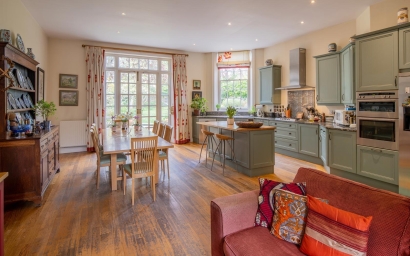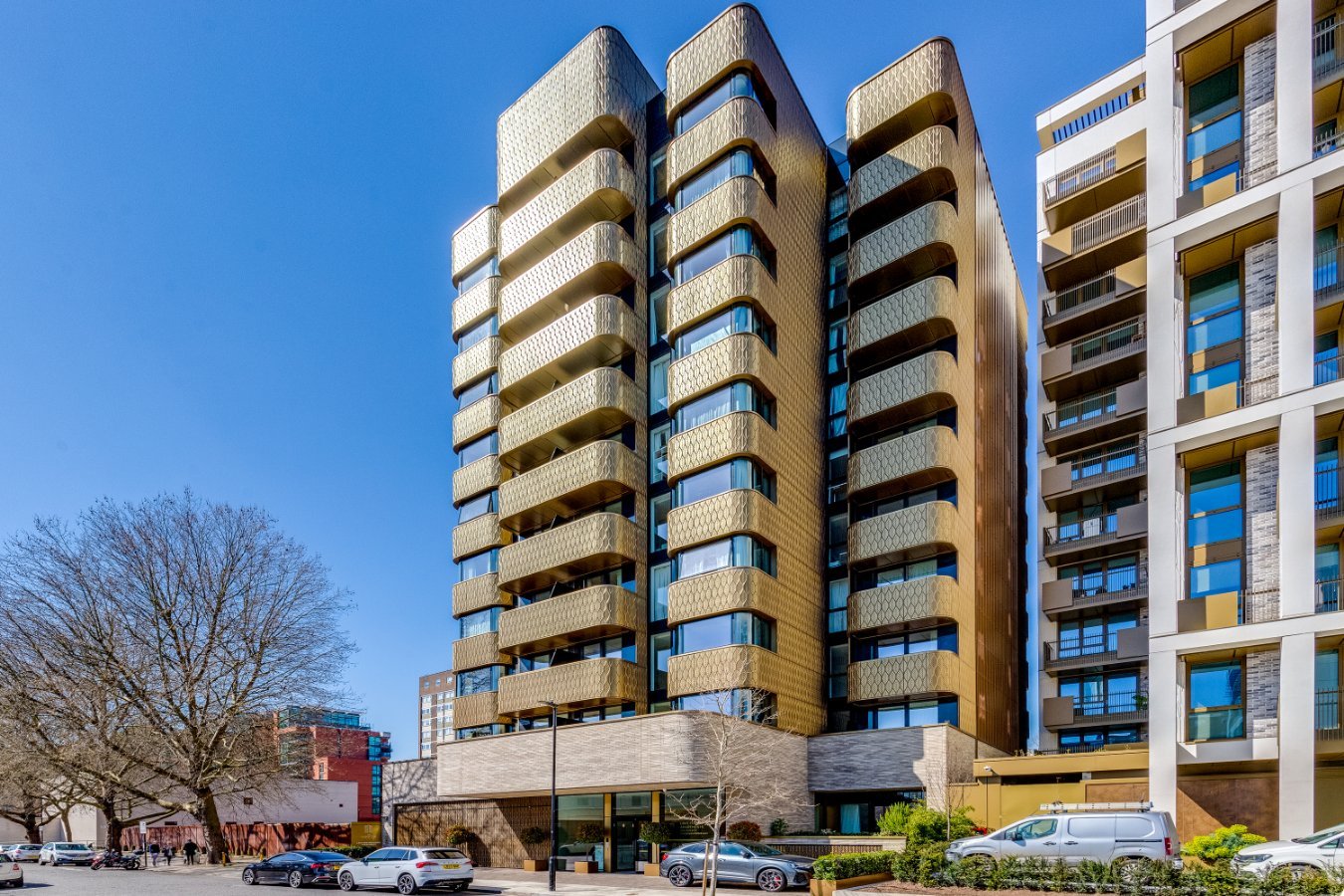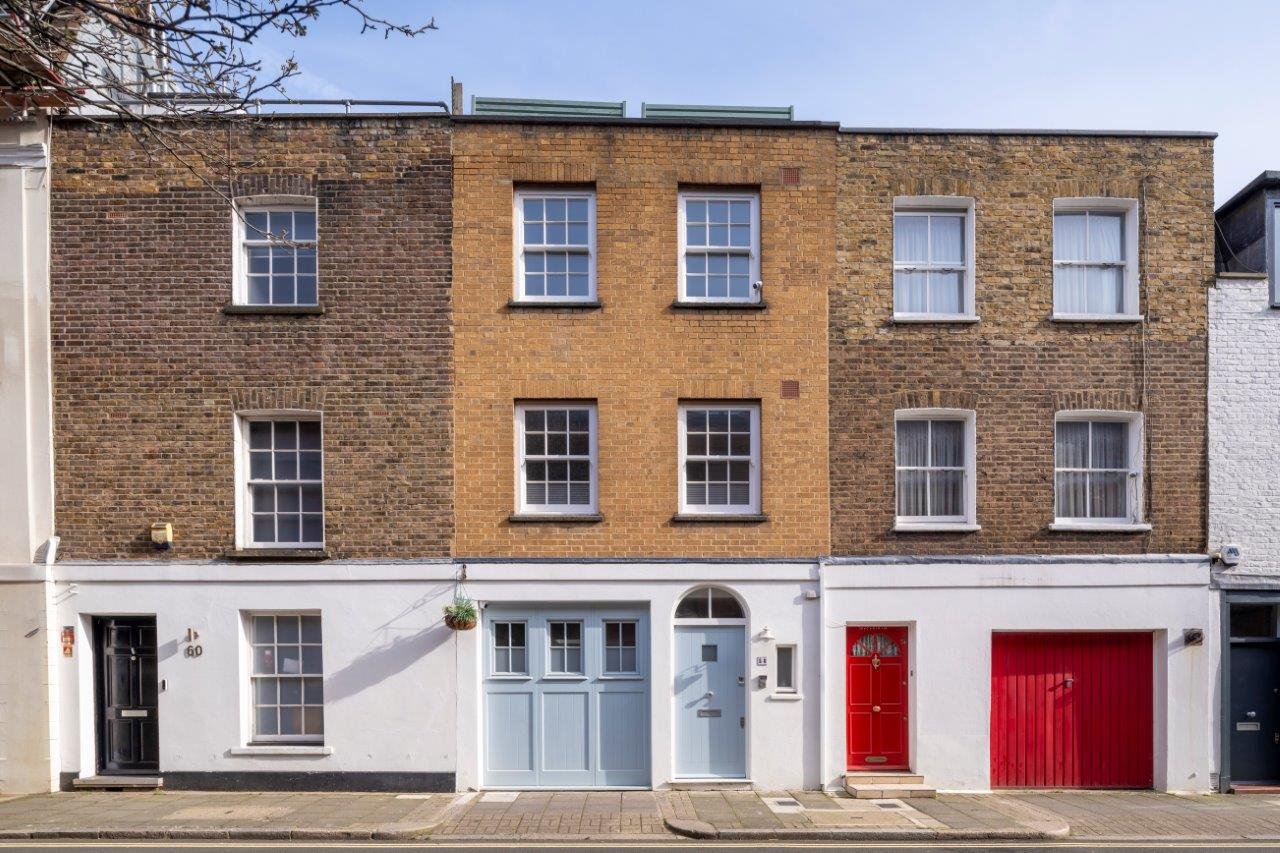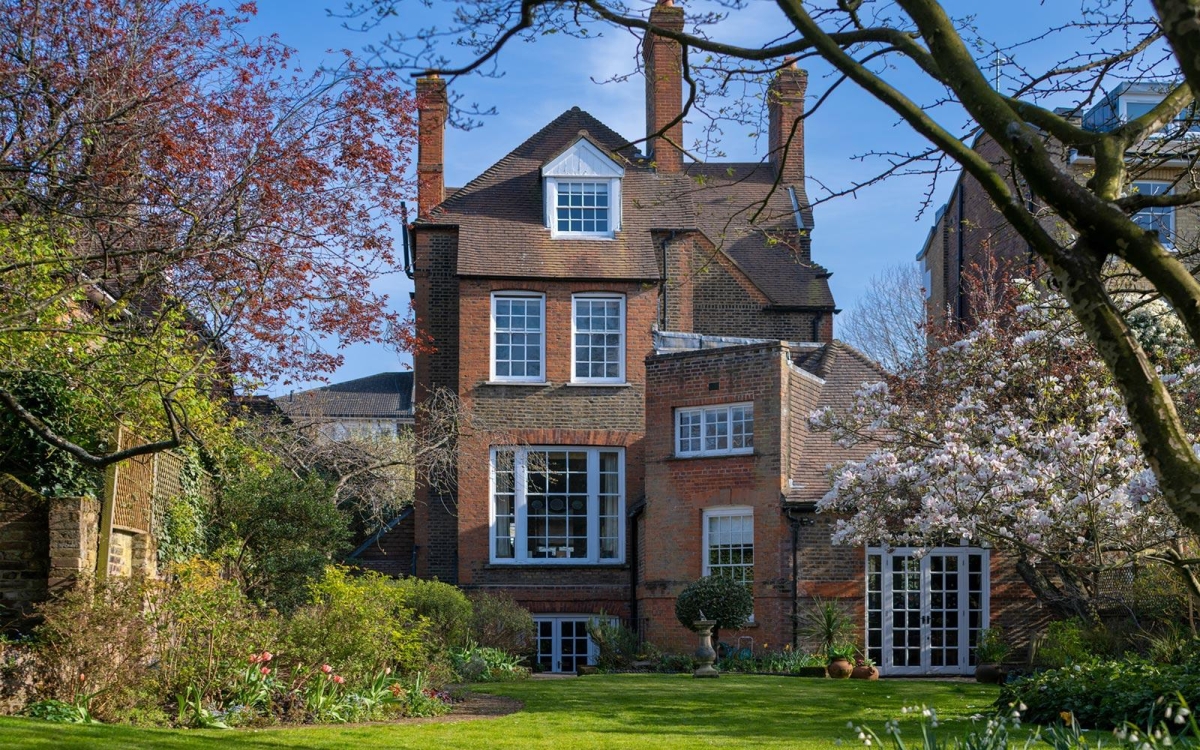7 July 2022 | Anna Solomon
As we move through life, our priorities change. Back in the day, a penthouse suite with a hot tub and marble flooring may have represented the pinnacle of desirability. Now, those floors are a hazard, the hot tub extraneous (who has the time?), and a penthouse means one thing: shepherding kids up ten floors. Once upon a time, a one-bed bolthole would have done fine; now, you’re probably contemplating things like square meterage and proximity to schools.
If this is ringing true, allow us to help you out. We’ve found some fantastic properties that tick various boxes: they’re large enough for a family, with three bedrooms or more. They have plenty of space for little ones to run around in, whether that be a private garden or proximity to a park. And, talking of proximity, they’re well-connected to all manner of amenities, including schools. Happy house hunting!

STEELE’S ROAD, NW3
This Grade II listed property has been under the same ownership for 33 years, which is the marker of a great family home. Perhaps the current inhabitants stuck around for the 452.8 sq m of space. Or it could also have something to do with the fact that this Queen Anne-style home sits on a 0.26-acre plot – there’s plenty of space for kids to run around in the country-style garden, despite being in the heart of North London. Other attractions include the home’s 1876 provenance, the lovely red brick facade, and the Steele’s Road location, which is widely considered one of the most sought-after streets in Belsize Park. The road is equidistant from Hampstead Village, Primrose Hill and Camden – super-convenient for amenities and schools, which include The Village Prep School, Herewood House, South Hampstead High School and The American School.

Guide price £8,350,000 astonchase.com
Aston Chase | 0207 724 4724 | enquiries@astonchase.com
Click to read the rest of the story




